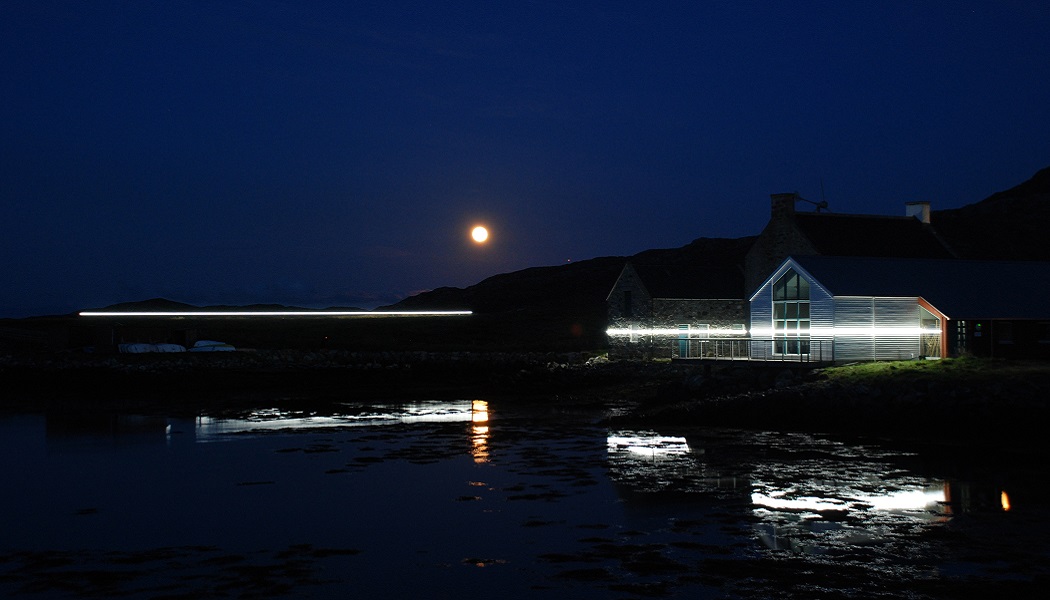Seven hubs known as Climate Beacons will be established in Argyll, Caithness & East Sutherland, Fife, Inverclyde, Midlothian the Outer Hebrides, and Tayside.
The goal of these sites will be to pool resources and knowledge from cultural and climate organisations in order to engage the widest audiences possible.
Physical and virtual spaces will be made available by each hub for the public, artists, culture sector professionals, environmental NGOs, scientists and policymakers alike, with anyone welcome to partake in debates ranging from the broad, global COP26 themes to hyper-localised climate action in any region of Scotland.
The project makes a “powerful link between culture and climate action”, according to Scottish Government culture minister Jenny Gilruth. “Climate Beacons will play an important role in ensuring that the history-making COP26 negotiations are not only felt in Glasgow but across the country.”
Who’s in?
The initiative will see specialist organisations including:
- Scottish Environment Protection Agency (SEPA)
- Community Energy Scotland
- British Geological Survey
- James Hutton Institute
- University of the Highlands and Islands
- Argyll and the Isles Coast & Countryside Trust
collaborate with cultural organisations such as:
- An Lanntair
- Taigh Chearsabagh
- Lyth Arts Centre
- Timespan
- Dundee Repertory Theatre
- V&A Dundee
- ONFife
- Cove Park
- The Beacon Arts Centre
- RIG Arts
- National Mining Museum Scotland
Funding for Climate Beacons has been awarded from the Scottish Government’s Climate Change and Culture Divisions, Creative Scotland and Museums Galleries Scotland.
Leading the initiative is Ben Twist, director of Creative Carbon Scotland, who asserts that “tackling climate change requires us to find imaginative solutions to complex problems”.
Cultural buildings and events, he concludes, can provide an “open and welcoming space for these challenging conversations, bringing people together to collectively think, imagine, feel and develop lasting connections that will strengthen future climate action”.
More information about the Climate Beacons programme is available here.










